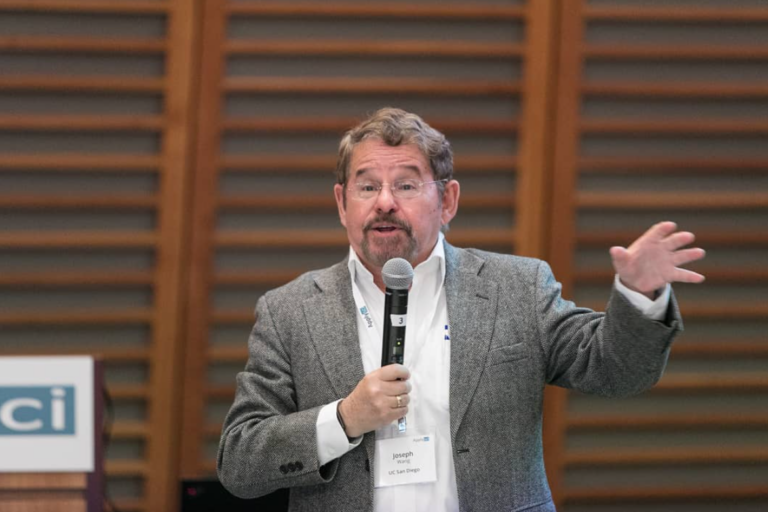


Alberto Traverso, considers the collaboration between all parties as crucial for the success of their joint vision for the future. Professor Andre Dekker, one of the lab’s academic directors alongside Dr. In this way, the technology can help map out treatment plans for diseases like cancer. The lab specifically focuses on artificial intelligence that can predict how a patient’s disease will develop. Other key activities of the ICAI Brightlands Smart Health Lab include the development of artificial intelligence and putting the technology into practice. Among other topics, the lab focuses on preparing medical data so that it can be used anonymously for ‘training’ artificial intelligence. The activities of the new lab span the entire process from the development to the deployment of artificial intelligence in healthcare. In this new lab, researchers from Maastricht University and Zuyd University of Applied Sciences will collaborate with healthcare providers, the Netherlands Comprehensive Cancer Organisation, medical IT service provider ilionx, and several Brightlands campuses and organisations. With the arrival of the ICAI Brightlands Smart Health Lab, Limburg joins the national network of ICAI Labs. The first ICAI Lab in the region – the ICAI Brightlands Smart Health Lab – is committed to making breakthroughs in patient care by developing and deploying artificial intelligence. His current research program is focused on developing the next generation of drug delivery systems to enable efficient delivery of therapeutics through the gastrointestinal tract.Knowledge institutions from Limburg will join forces with local parties in healthcare and IT. He continues to collaborate closely with Professor Langer and is a Research Affiliate at MIT.

Traverso’s was named one of the most promising innovators under 35 by the MIT Tech Review’s TR 35.

#Dr traverso series#
For his post-doctoral research he transitioned to the fields of chemical and biomedical engineering in the laboratory of Professor Robert Langer at the Massachusetts Institute of Technology ( MIT) where he developed a series of novel technologies for drug delivery as well as physiological sensing via the gastrointestinal tract. Traverso’s previous work focused on the development of novel molecular tests for the early detection of colon cancer. He subsequently completed medical school at the University of Cambridge, internal medicine residency at the Brigham and Women’s Hospital and his gastroenterology fellowship training at Massachusetts General Hospital, both at the Harvard Medical School. He received his BA from Trinity College, University of Cambridge, UK, and his PhD from the lab of Professor Bert Vogelstein at Johns Hopkins University. Traverso grew up in Peru, Canada and the United Kingdom. Traverso is an Assistant Professor of Medicine and Associate Physician in the Division of Gastroenterology, Brigham and Women’s Hospital ( BWH), Harvard Medical School.


 0 kommentar(er)
0 kommentar(er)
